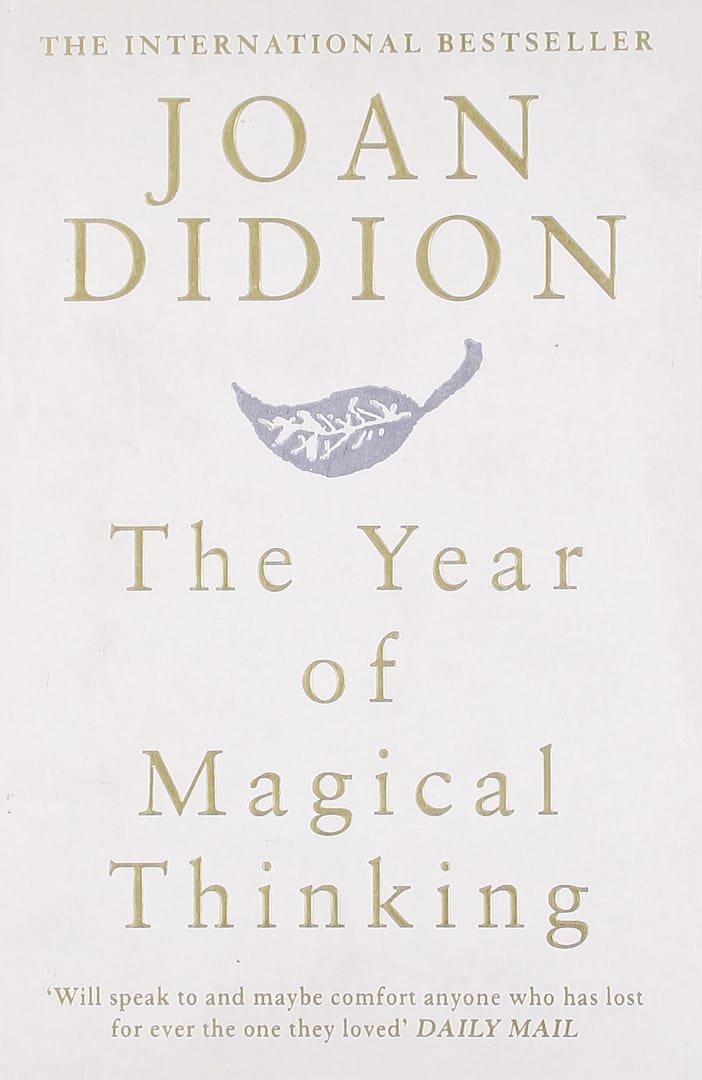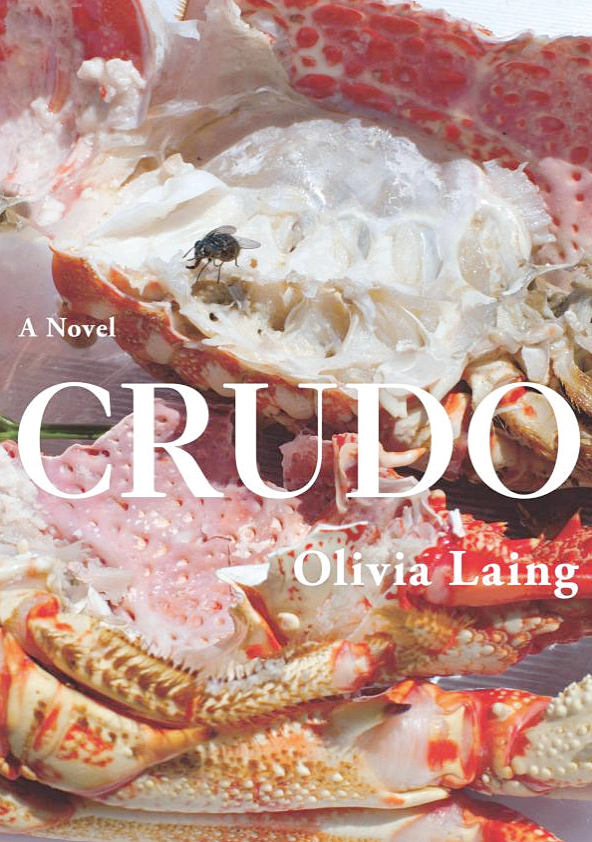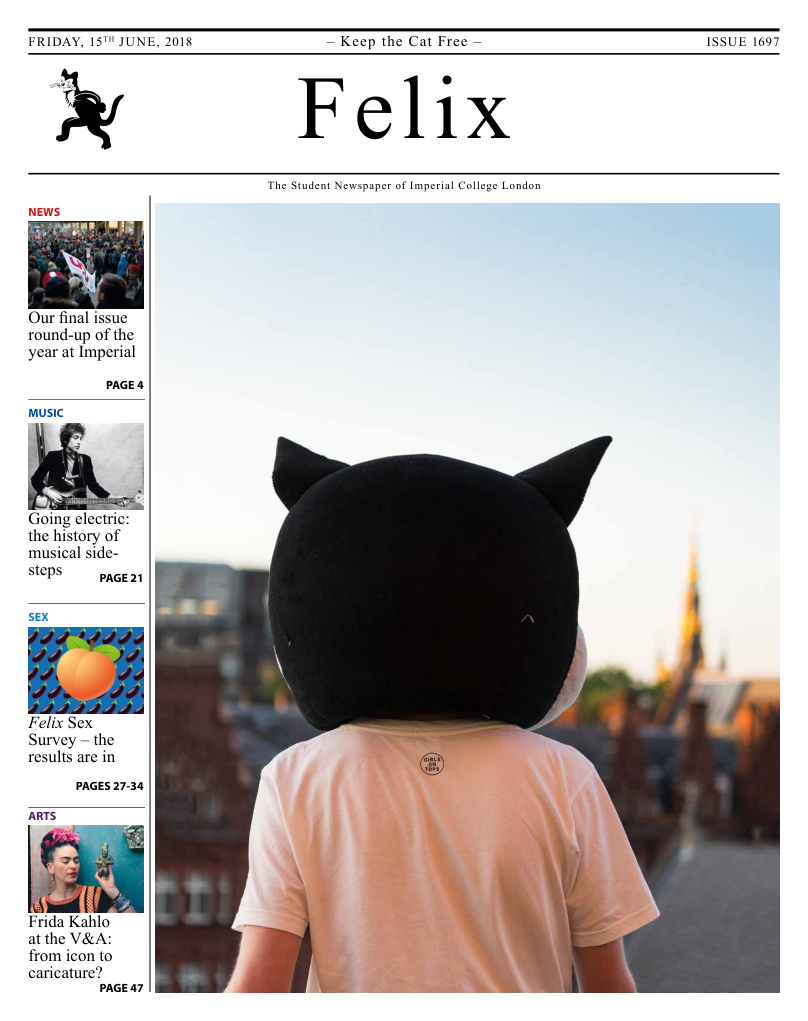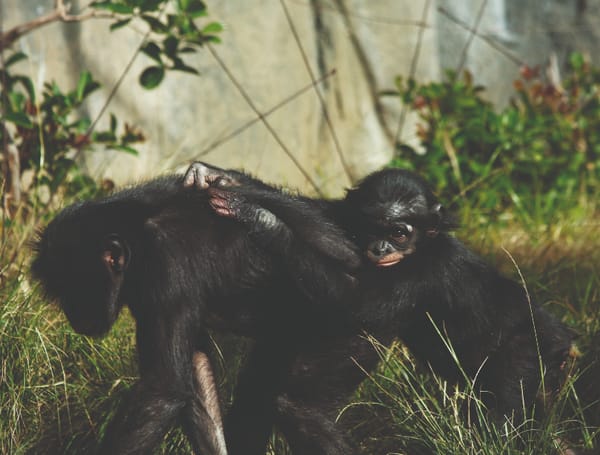Felix recommends – reading for summer days
Jingjie Cheng and Fred Fyles take you through their books for the perfect summer day, as well as brand-new titles for you to check out over the break!

Mrs Dalloway by Virginia Woolf
Virginia Woolf’s most well-known work crackles with a vibrant energy and zest. Set on a ‘Wednesday in mid-June’, it remains one of the best portrayals of London in the early summer, full of the vibrant optimism that characterises long days in the city. Taking place over the course of a single day, Mrs Dalloway is propelled along with a fierce internal motion, taking on a vast range of viewpoints and ideas.
Woolf’s prose is a vivid stream of consciousness that skips from character to character, like a vast bird swooping through London, creating an incredibly sense of lightness. At the same time, Woolf explores a number of significant themes, such as the nature of temporal reality and the treatment of mental illness (something Woolf herself had experience of), as well as a radically daring look at sexuality and sapphism. 20th June is ‘Dalloway Day’, and I recommend setting it aside to read this brilliant novel, ideally in the garden, with a gentle breeze blowing through the pages. – FF
To be a Machine by Mark O’Connell
I often find that when summer rolls along, and we, as students, get to take a break, it is a good time to think about where we are going. These ruminations inevitably lead to thoughts surrounding mortality, the transience of life, and its fragility. Perhaps, while we contemplate these ideas, it is worth checking out Mark O’Connell’s candid but thorough exploration of the transhumanism movement. Winner of this year’s Wellcome Book Prize, To Be a Machine is the first full-length book on the topic. Transhumanism is science fiction come true – an attempt to use technology to fundamentally alter the human condition, to transform humans into something completely different. Or rather, to improve humans in various aspects to make us better than the flesh-and-bones animals that we are. These ideas range from isolated body enhancements to people who believe that technology can help us solve the problem of death. O’Connell writes about the movement’s philosophical and scientific roots, key players, and possible futures. Amid the optimism is, of course, the question of ethics, and to some, these ideas should remain in the realm of dystopian films. Pick up this book over summer and decide for yourself! – JC

The Year of Magical Thinking by Joan Didion
Yes, I am aware a book about deep loss and a journey through grief might not be the first thing that comes to mind when you think of what you might want to take with you on the beach, but hear me out. The Year of Magical Thinking is Joan Didion’s account of the year following the death of her husband, the novelist John Gregory Dunne, who died suddenly in 2003: “Life changes fast. Life changes in the instant. You sit down to dinner and life as you know it ends.”
Over the course of the year, Didion explores her reaction to grief, and continually replays the events of her husband’s death. It’s an incredibly moving portrayal of the extreme loneliness of grief, as well as a brilliant tribute to the life she and Dunne built together. Didion’s prose style is instantly recognisable – she occupies a certain middle distance, cool and detached, located halfway between the investigative reporter and the unreliable narrator. While her earlier essay work might be more evocative of the Californian dispatches for which she is known, The Year of Magical Thinking has a sense of weightlessness that I always associated with long summer evenings, when time blurs into nothingness. – FF
Venus as a Bear by Vahni Capildeo
Winner of the 2016 Forward Prize for Poetry, the prolific Trinidadian-British poet Vahni Capildeo published her eighth poetry collection earlier this year. Venus as a Bear is about objects and the natural world, putting them at the centre and delicately describing how humans and humanity revolve around objects. From waiting for lambing at a friend’s farm, to a tour with poets around the Ashmolean Museum in Oxford, to criss-crossing the British Isles, Capildeo draws on the life of the non-human world, and explores our affinities with things. Many of the poems in this collection are short, exploring objects of different times, places and origins. Capildeo does not shy away from Romantic anthropomorphism, because stripping objects of our human projections is so difficult. Capildeo embraces it instead – with love, sensitivity, and wit. -JC

Crudo by Olivia Laing
Over the course of three works of non-fiction, Olivia Laing has established herself as one of the most important writers working today, describing individuals ranging from Virginia Woolf to Andy Warhol with a sense of beauty and wonderful pathos. It is difficult, for me, to think of a more generous writer than Laing, who always treats her subjects with the respect and attention they deserve. This summer sees the release of Crudo, her debut novel. Set over the horrific summer of 2017, when Trump was (and is) edging us all towards nuclear war, Britain was (and is) trapped under the weight of Brexit, and the world seemed to be ending all around us, Crudo shows us life through the eyes of Kathy, a writer about to take her first steps into her forties. It’s released in bookstores on 28th June, and I’ve already marked it down in my diary – so should you. –FF
Last Stories by William Trevor
Few recent writers can claim to have as much influence on the short story form as the late Irish writer William Trevor, who died in 2016. Published posthumously, his aptly titled final collection Last Stories is in stark defiance of Martin Amis’ worry that a writer in old age will naturally go slack. The New York Times described Trevor’s last collection as ‘seemingly quiet but ultimately volcanic’, full of stories that are simply told but cut deep. Known for his impersonal, precise writing, Trevor has been called as a virtuoso of the short story. Most notably, his opening sentences are spare and mundane, yet one can see the magnetic draw of something like “‘Yes?’ Olivia says on the answering system when the doorbell rings in the middle of ‘The Return of the Thin Man’”. Limited by their brevity, a good short story describes complex relationships and situations in snapshots. For Trevor, they can be described in one sentence. – JC
The Waterfront Journals by David Wojnarowicz
In an era of Amazon drones and book-sellers closing up shop, it’s up to independent publishers to keep us alive. Peninsula Press is one such an imprint. Established little over six months ago, it’s already put out three essay books, and this summer will publish The Waterfront Journals, a collection of short fictions by the late artist David Wojnarowicz. If Wojnarowicz’s memoir Close to the Knives is anything to go by, The Waterfront Journals should be a collection that fizzles with energy and exuberance, one that explores the underbelly of American life by giving voice to those living in its shadows. Taking on hustlers and addicts, hoboes and runaways, The Waterfront Journals are expected to provide a much-needed portrayal of America in the latter half of the 20th century. – FF









